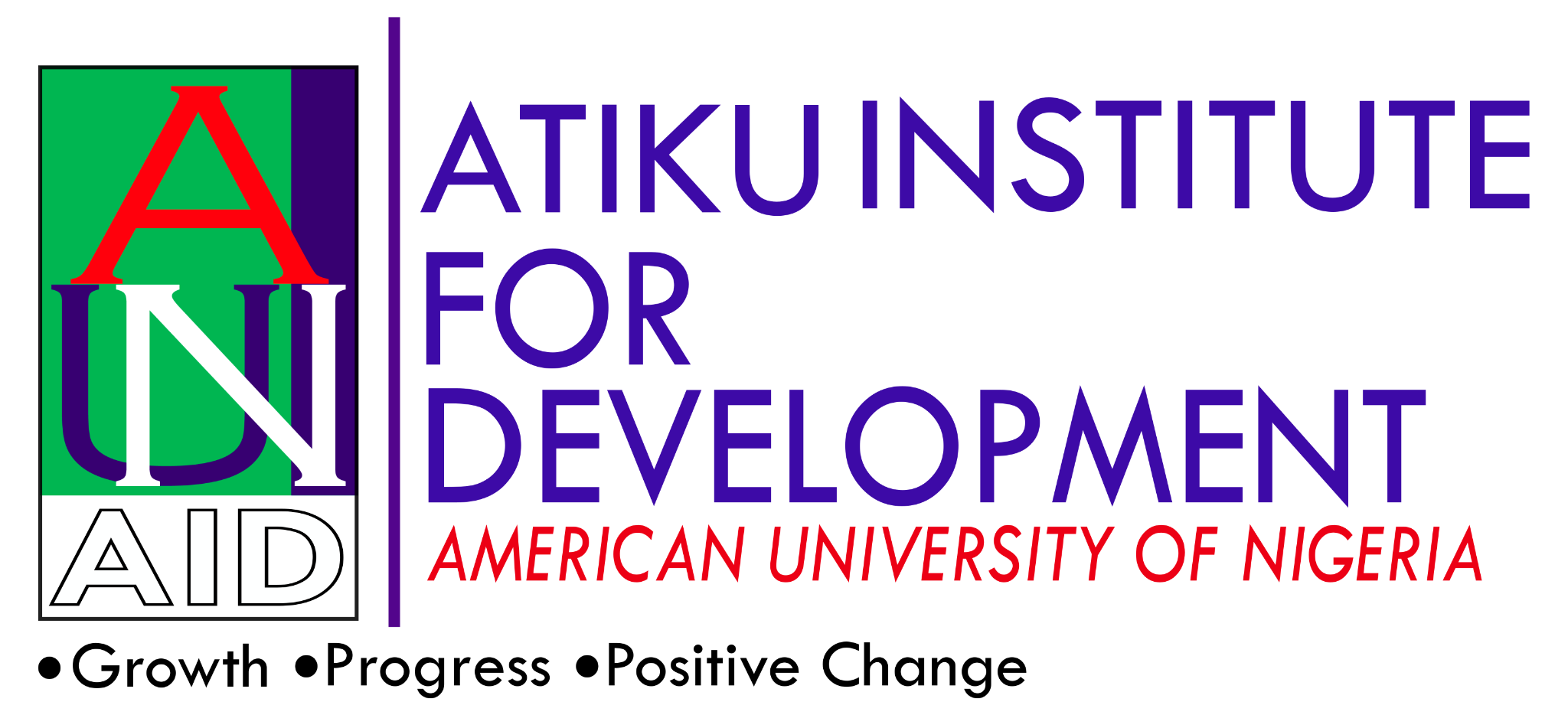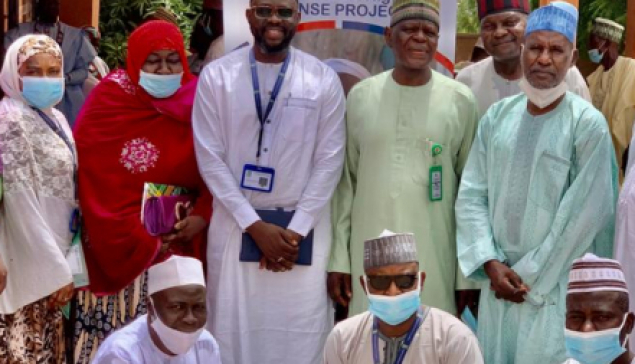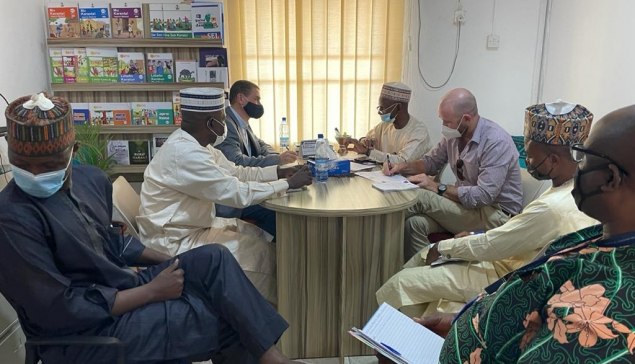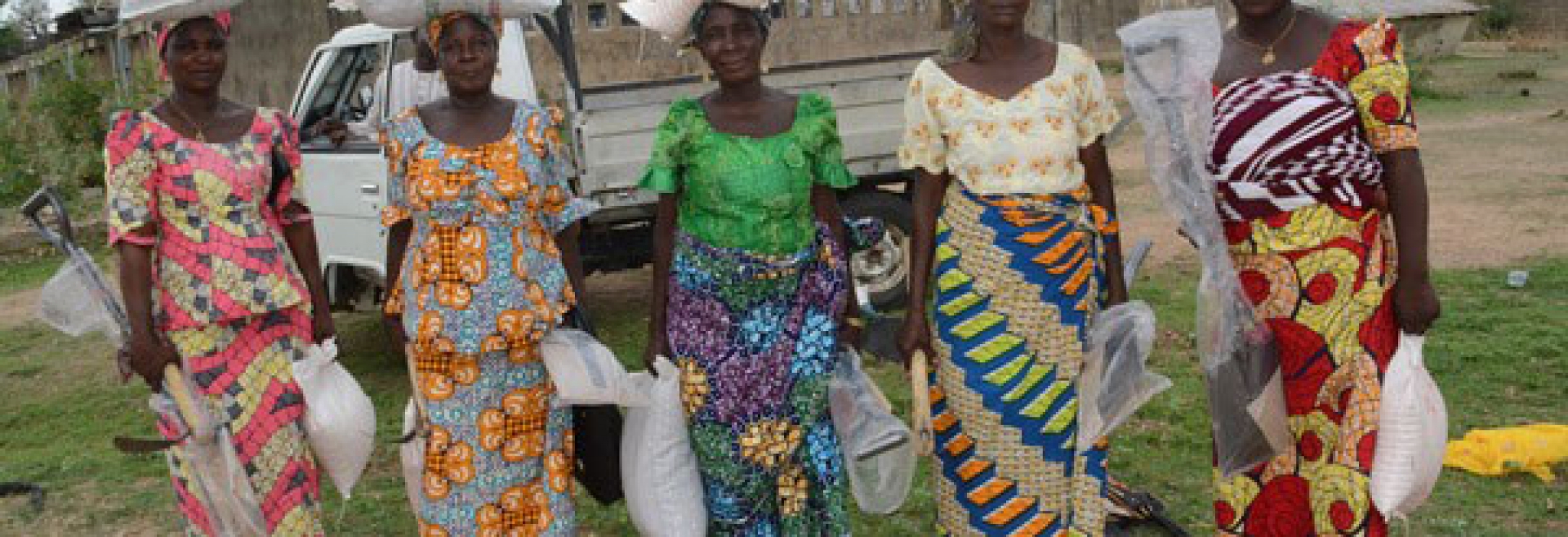
UNHCR, AUN Boost Livelihood Support to ‘Boko Haram Widows’
At Maiha Local Government Secretariat in Adamawa State, 50-year-old Salamatu Babale stands in the queue with other beneficiaries to receive her farming start-up kit.
The kit provided by the United Nations High Commission for Refugees and AUN under The Protect Project includes a pitch fork, hoe, shovel, and seed crops for planting. All had participated in a three-week sustainable agricultural training.
Protect Project was launched to support the livelihood of returnees, and vulnerable community members. In Adamawa State, Maiha, Mubi North, Mubi South, and Michika communities, being socio-economically deprived for the past seven years have been earmarked to benefit from the project with a total of 378,798 returnees in all.
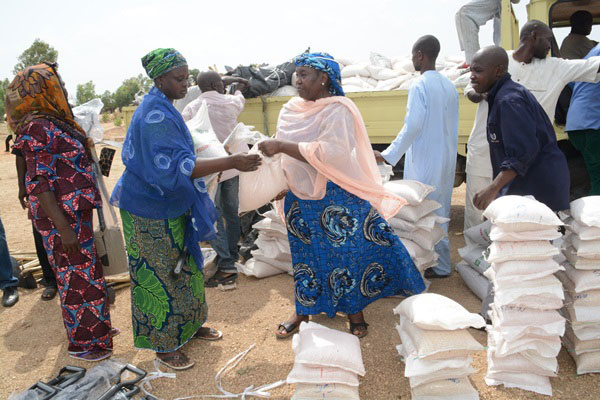
With the military intervention to expel the militants from some communities in Adamawa State, a degree of normalcy has returned to the region.
At intervals, Salamatu looked away, clutching her nametag. The queue was divided into two, men on the right side and women on the left.
Attention was drawn to Ms. Babale when in their excited chatter the other women pointed at her, referring to her as the poorest of them all. Some told how they even hire her as a farm hand to do their weeding.
Ms. Babale, overhearing the conversations, winced but ignored them.
The Livelihood Protect Project is targeted at equipping returnees to reintegrate into the community with lifelong training on the use of sustainable methods to improve farm yields and enhance the soil quality.
Ms. Babale had never really understood hard labor until she lost her husband who was very ill when the insurgents attacked Maiha in 2013. He could not run, so he sacrificed his life and told her to run with their five children. Since they returned to the town, life has been very difficult.
“The children are out of school,” says the widow in Hausa, “I do laborer work and they pay me ₦500 per day,” which is a little above $1. She explains that from the meager pay, she cannot afford school fees or daily three square meals for her family.
But the support from the Project will give her a chance to kick-start her life as she hopes to sell her farm produce to generate more income.
AUN Sustainability Research Manager Rotimi Ogundijo explains that the sustainable method of farming was specifically introduced to discourage the use of soil chemicals.
“These skills are for a lifetime; they will meet their needs today without mortgaging the chances of the future generation. Organic base never depreciates; it increases, and this method of farming is based on water retention, wind and erosion reduction--in fact, farming consonant with nature.”
One of the key selection processes for beneficiaries was land ownership and vulnerability. Mr. Ogundijo says that the returnees’ level of vulnerability was measured by income versus family size, or proof that they have lost all sources of livelihood. The support, which he described as very timely, will go a long way in reducing the risk of food scarcity in the four local government areas seen as highly agrarian communities in Adamawa State.
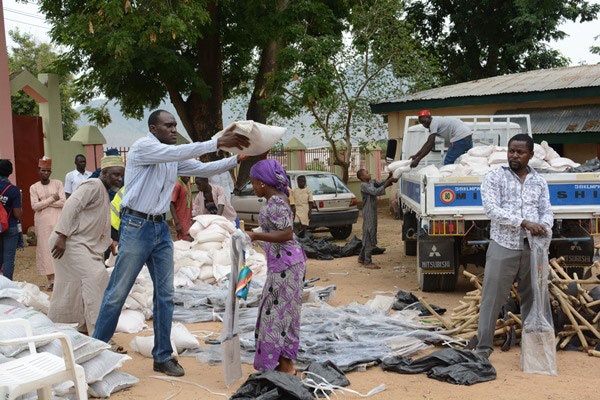
Out of the 1,000 beneficiaries from the four local governments, only 257 women benefited from the training, as well as from the start-up kits. Some of these women have been widowed as a result of the insurgency. For some of these widows, returning to assume the role of the head of the household was certainly not a reality they were prepared for. With the unfavorable societal degradation of women without husbands, this means they have to work twice as hard as their fellow women to support their households.
Thirty-year-old Ladi Solomon tells how she has not seen her husband since 2015; she does not know if he is still alive. Left with six children to care for, the youngest strapped to her back, she bent down to pick up her five-kilogram bag of maize.
Ladi says she was never prepared for the outcome of the insurgency. As a widow, she resolved to sell cooked pasta to feed her children. The unsold food is taken home for the family. She hopes to farm this rainy season, praying for a bumper harvest of about 16-15 bags of maize from the donated maize seeds. “My children will now eat three times,” she says.
At Government Day Secondary School, Michika, another designated distribution center, 48-year-old widower Peter Daniel, on the line to receive his own start-up kit, narrated his story. “My wife died two years ago. My home was burnt down. We escaped alive but when we came back to Michika, my wife saw the wreckage of our home by Boko Haram, she had a heart attack, and before we could get help, she died!”
Mr. Daniel, who ran a joint commercial farming business with his late wife, admits he used to harvest almost 50 bags of yield from his farmland. Now left with six children, the trauma caused him to lose focus to return to his farm. He only farmed for subsistence. Now he cannot contain his joy, and said how excited he is to return back to the farm, especially with the support garnered from UNHCR. “I can now stand back on my feet.”
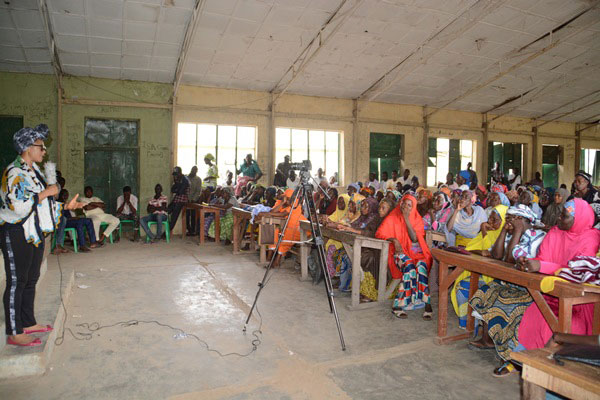
“The training opened my eyes to see that I will not be spending money to buy fertilizer. I can make my own insecticide from natural materials around me,” he adds.
“I now truly appreciated my wife when I took up her responsibility.”
The Livelihood Protect Project has different components: financial literacy, skills acquisition, and sustainable agriculture. The UNHCR Protection Officer Veronica Yohanna, told a group of beneficiaries at the project launch in Maiha that the farmers who benefited from sustainable agriculture and that she believes the project will achieve its aim of reducing the farmers’ dependency on donor agencies for aid. Instead, they will become self-reliant with improved sources of livelihood.
By Nelly Ating
